Manchester city centre from the Beetham Tower at night
Manchester is a city and metropolitan borough in Greater Manchester, England. In the 2011 UK Census, its population was recorded as 498,800. Manchester lies within one of the UK's largest metropolitan areas, the metropolitan county of Greater Manchester, which has an estimated population of 2.6 million. The demonym of Manchester is Mancunian and symbols include the Manchester bee.

Manchester Town Hall in Albert Square, seat of local governance, is an example of Victorian era Gothic revival architecture
Manchester is situated in the south-central part of North West England, fringed by the Cheshire Plain to the south and the Pennines to the north and east. The recorded history of Manchester began with the civilian vicus associated with the Roman fort of Mamucium, which was established c. 79 AD on a sandstone bluff near the confluence of the rivers Medlock and Irwell.

The arched entrance into Chinatown
Historically, most of the city was a part of Lancashire, although areas south of the River Mersey were in Cheshire. Throughout the Middle Ages Manchester remained a manorial township, but began expanding "at an astonishing rate" around the turn of the 19th century as part of a process of unplanned urbanisation brought on by a boom in textile manufacture during the Industrial Revolution.

Manchester City Centre Skyline
The urbanisation of Manchester largely coincided with the Industrial Revolution and the Victorian era, resulting in it becoming the world's first industrialised city. As the result of an early-19th century factory building boom, Manchester was transformed from a township into a major mill town, borough and was later granted city status in 1853.

Beetham Tower on Deansgate, currently Manchester's tallest building and England's tallest residential tower
Manchester was the site of the world's first railway station, hosted the first meeting of the Trades Union Congress and is where scientists first split the atom and developed the first programmable computer. It is known for its music scene and its sporting connections.
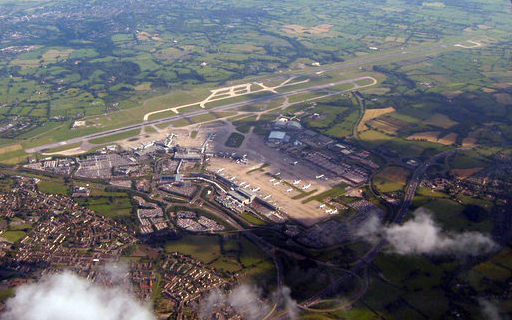
Manchester Airport has double the number of annual passengers of its nearest non-London airport rival
Manchester was the host of the 2002 Commonwealth Games and its sports clubs include two Premier League football teams, Manchester City and Manchester United, currently FA Cup holders and Premier League champions respectively. Manchester is the third-most visited city in the United Kingdom by foreign visitors and the most visited in England outside London.


Manchester Piccadilly Station, one of the two principal railway and Metrolink stations in Manchester

The Manchester Metrolink will have the largest tram system in the UK once expansion is complete

The Opera House, one of Manchester's largest theatre venues
The Museum of Science and Industry

City Art Gallery

Canal Street, one of Manchester's liveliest nightspots, part of the city's gay village
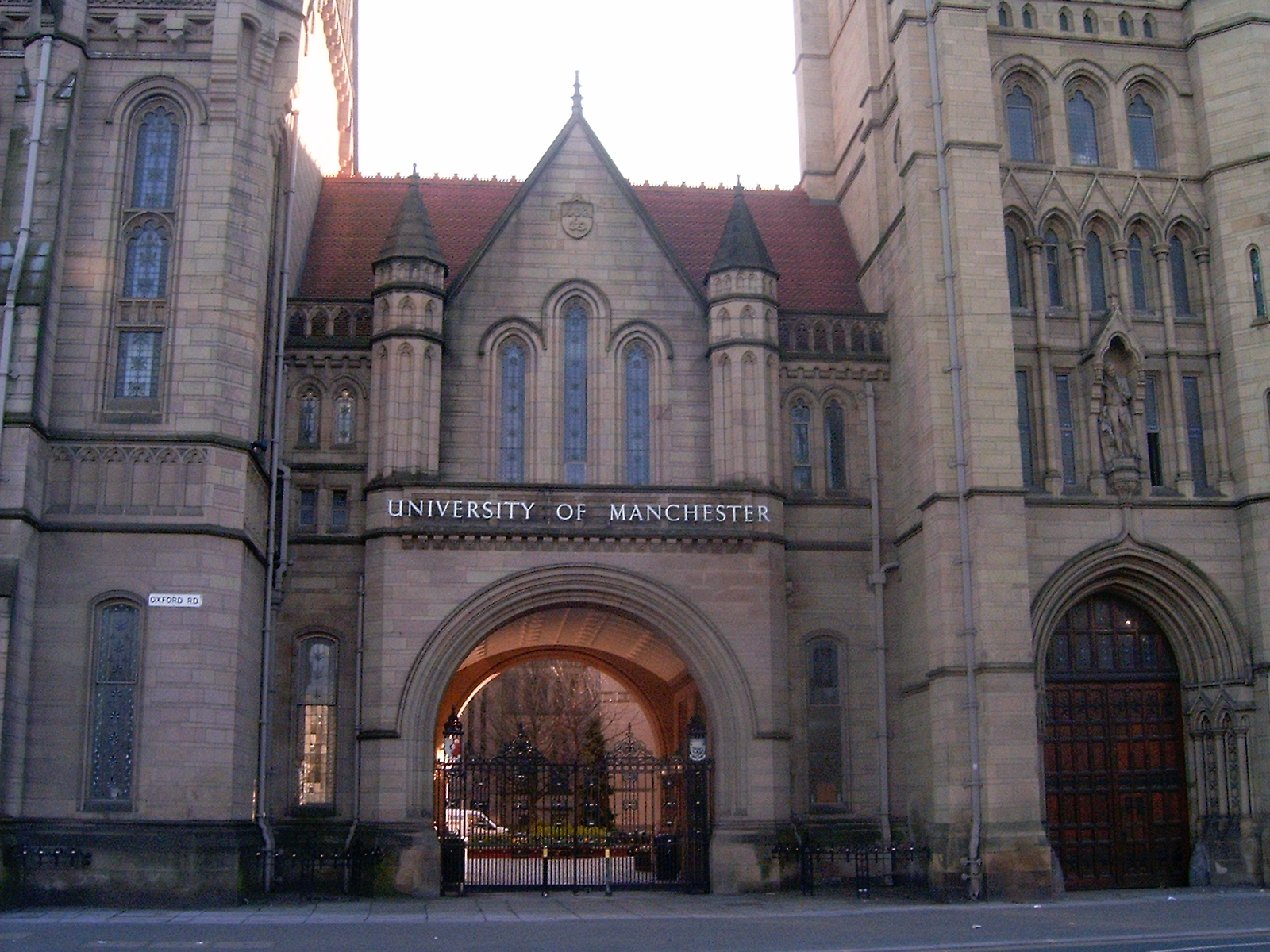
The entrance to Whitworth Hall, part of the University of Manchester campus

Granada Studios, headquarters of Granada Television
The headquarters of the Manchester Evening News, in the Spinningfields district
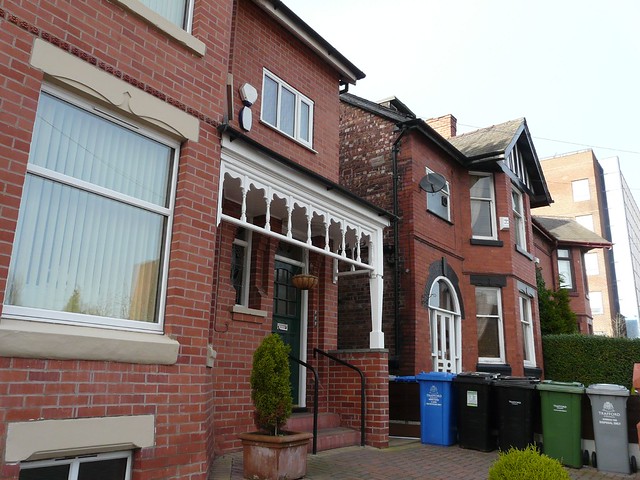
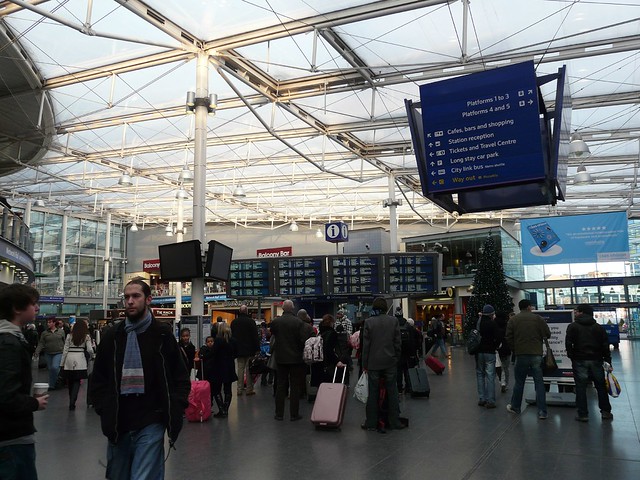
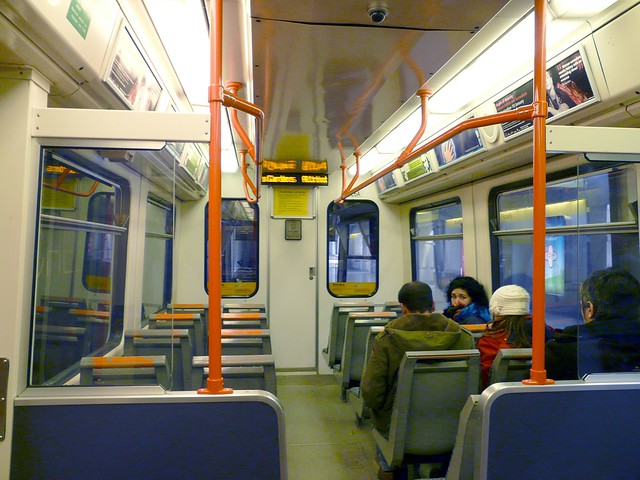

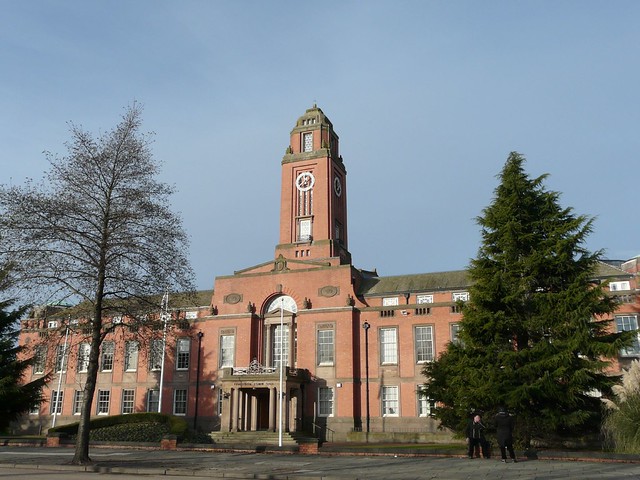
 00:16
00:16
 homesweethome
homesweethome

 Posted in:
Posted in: 









0 意見:
Post a Comment